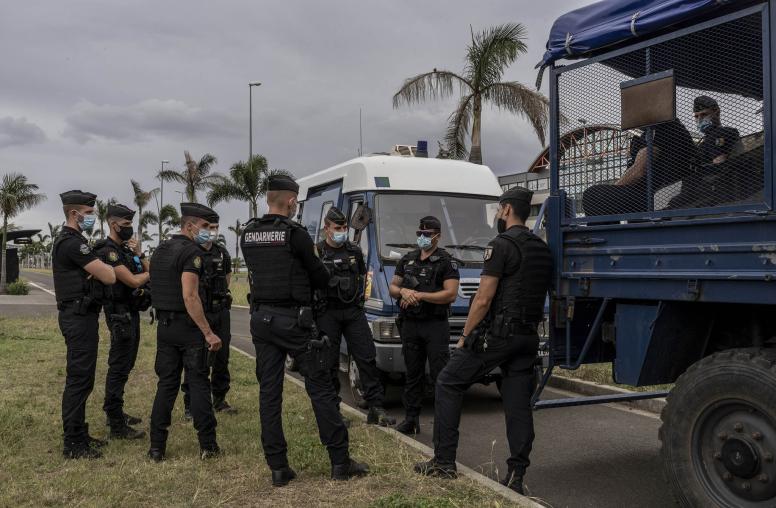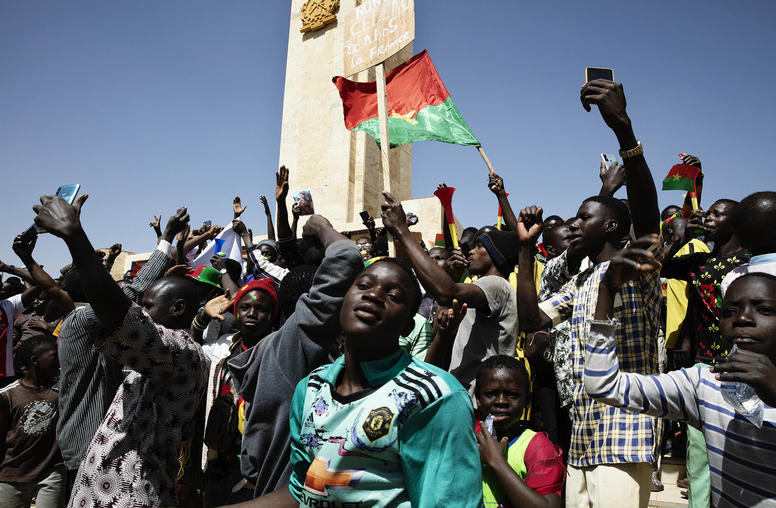Foreign Policy and Fragile States
Experts discuss the future of Syria and other failing and fragile states in a town hall for Public Radio International.
Read the Event CoverageSeven years into a brutal civil war in Syria, we are reminded how fragile states can lead to regional instability, cause humanitarian crises and fall prey to extremist organizations, such as ISIS.
In this discussion, we asked how the United States and the international community can address these national security challenges. How should U.S. assistance be prioritized and allocated? What is the difference between stabilizing a country versus nation building? How can the international community help a country like Syria? What lessons can be learned from efforts in countries, such as Nigeria and Colombia, preventing violence? And ultimately, how can we get ahead of the underlying causes of fragility that lead to and perpetuate violent conflict?
Leading experts at the United States Institute of Peace discussed these vital questions. This event was live-taped for future broadcast on Public Radio International's America Abroad and WAMU's 1A.
Review online by using #StateFragility on Twitter.
Light refreshments will be provided prior to the event.
Speakers
Joshua Johnson, Moderator
Host, NPR’s 1A
@jejohnson322
Nancy Lindborg
President, U.S. Institute of Peace
@nancylindborg
Ilan Goldenberg
Director, Middle East Security Program, Center for a New American Security
@IlanGoldenberg
Kimberly Kagan
Founder and President, The Institute for the Study of War
@TheStudyofWar



